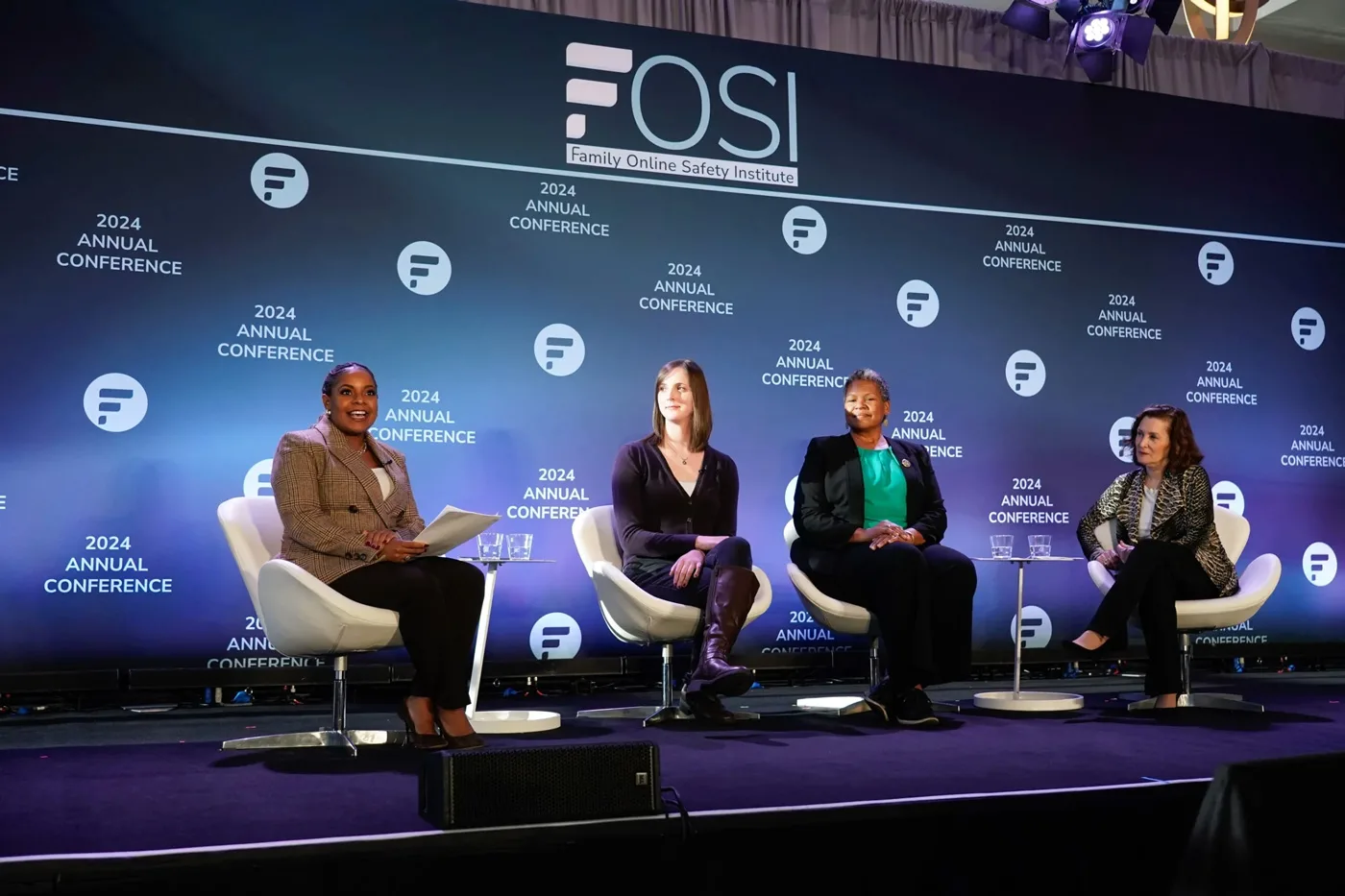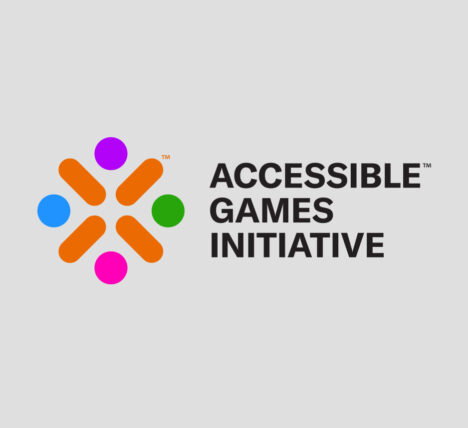
This week, the Entertainment Software Association (ESA) took to the mainstage at the Family Online Safety Institute’s (FOSI) 2024 Annual Conference. The panel, moderated by ESA’s Senior Tech Policy Counsel Maya McKenzie, featured a discussion between policy and video game industry experts: Patricia Vance, President of the Entertainment Software Rating Board (ERSB), Blair Durkee, Associate Director of Gaming at GLAAD, and Delegate Michelle Maldonado of the Virginia House of Delegates. Following the conference theme, “From Protection to Empowerment”, the discussion centered around how the video game industry’s collaborative and proactive approach to trust and safety has fostered an environment in which video games are seen as an outlet for positive self-expression and a source of joy for millions of Americans – and billions of players around the world.
Setting the stage for the conversation, Vance explained how the ESRB’s scope of self-regulatory activities has evolved over the past thirty years to ensure the industry is proactively keeping consumers, especially parents, informed and responsibly marketing video games. The ESRB age and content rating system now includes Interactive Elements that let parents know when a game includes the ability to communicate with others or make in-game purchases with real-world currency. Additionally, ESRB created both the Advertising Review Counsel (ARC) and ESRB Retail Council (ERC) to prevent games intended for older players from being marketed or sold to children.
With this background in mind and as kids’ online safety has been a focus in state houses and on Capitol Hill this year, when asked about what she would like to see industries in this space doing before policymakers have to step in and regulate, Delegate Maldonado said, “it comes down to what Pat just said and what it looks like when you’ve been doing this for several decades. Companies should look to the video game industry to learn how to do proper disclosures, set incentives for proper behavior and make clear what the consequences are for violations.”
When thinking through how to balance the need to put protections in place for children and teens but simultaneously avoiding inhibiting self-expression online, Delegate Maldonado believes that, “First and foremost, we need to have [children and teens] at the table – they need to be part of the conversation. Gen Z and Gen Alpha are critical to creating policies that are human-centric and human-first. (…) I believe that these policies should allow for integration, not assimilation, which would allow children and teens to show up as they are.” When it comes to crafting these policies, Del. Maldonado said, “Let’s remember, not everything has to be legislated. An important component here is private collaboration, which must include people in the gaming sector, tech sector and other perspectives to create a holistic approach to solving these problems.”
Durkee shared that GLAAD released new research earlier this year that provided insight into the state of LGBTQ+ representation in the video game industry. Durkee elaborated on a few key findings from GLAAD’s report and explained how uniquely effective video games can be in empowering and bolstering representation for marginalized groups:
“Our research found video games to be a positive force in the lives of LGBTQ gamers. They give them an outlet to express themselves. Take a look at the Sims, for example. When that game was released in 2000, from day one that game supported same sex relationships and allowed teens to see themselves in a game possibly for the very first time in their life. Games can – and should – continue to be a powerful space for teens to find solidarity and community going forward.” – Blair Durkee, Associate Director of Gaming, GLAAD
As video games remain one of the most popular forms of entertainment in the world, the industry recognizes that it is a privilege to provide entertainment for the whole family and takes seriously its responsibility to create fun, entertaining and safe spaces for all to enjoy. Check out the ESA’s Trust and Safety Hub and ESRB’s ParentalTools.org for more information on the tools and resources available to protect and empower players.
Thanks to the entire FOSI team for hosting yet another great and thought-provoking conference. Check out the full panel below:




